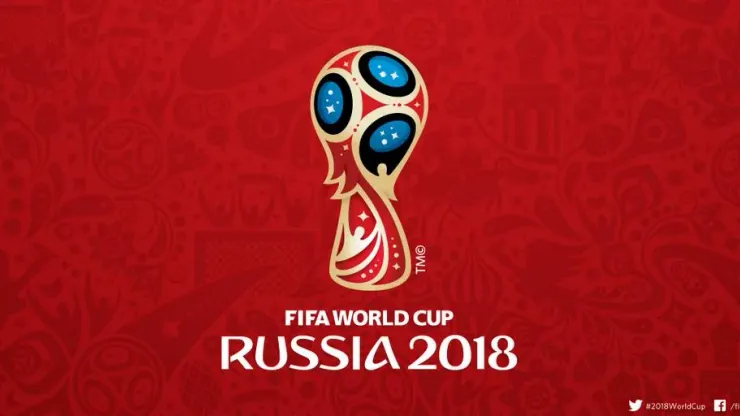When people around soccer speak about vote bribing surrounding the 2018 and 2022 World Cup bids, many will immediately jump to Qatar. The stories about bribery coming from the Qatar committee are numerous, public and accepted by many as the truth. But the Russia 2018 bid isn’t presented by singing angels either. Now that the FBI is investigating both bids for malfeasance, let’s take a look back at Russia’s 2018 bid, the supposedly “cleaner” of the two.
The investigation by The Sunday Times newspaper into bribery at FIFA led to the suspension of the executive Amos Adamu in October of 2010, two months before the decisions on the hosts were made. According to that investigation, Adamu told undercover reporters that Russians involved with the bid had offered him “co-operation” with building soccer facilities and infrastructure in his native Nigeria. The head of Russia’s bid, Alexei Sorokin, categorically denied these claims soon after they were made public. As has become a trend nearly five years later, he claimed that the accusations were the attempts of the English media to sabotage the Russian bid, though the Times stood by its reporting. Adamu served a three year ban from soccer and did not vote in the election for either World Cup host.
In concordance with the Adamu investigation, FIFA also suspended Reynald Temarii, the head of the Tahitian Football Federation, for breaking confidentiality and loyalty rules when he discussed World Cup votes with Times reporters. He was later banned for eight years earlier in May after he accepted €300,000 from Mohamed bin Hammam, the disgraced former Asian soccer chief.
The allegations go even deeper than just from these two officials. The Daily Mail newspaper reported that Chuck Blazer had a change of heart and voted for the Russian bid after Vladimir Putin sent him pictures of his holidays, to which he posted them on his personal blog soon after. While this seems trivial, it’s direct political influence in the bidding process, and by FIFA’s own (oft not followed) rulebook, this could constitute a re-vote.
In later reporting, the Times also unearthed that Putin may have bribed UEFA head Michel Platini to vote for his country’s bid with a rare Picasso painting, which was given to a Parliamentary council later as evidence for their own investigation.
Other reporting suggests that Putin was an integral figure in the Russian bid process, as he was during the bidding process for the 2014 Winter Olympics in Sochi, and now as the tournament has come under some external threat, he has immediately moved to the defensive. Combine this with the West’s frosty relationship with Putin and Russia at present, and the mix is hardly surprising.
An MI6 investigation into the Russian bid also unearthed deep involvement from Chelsea owner and Chairman Roman Abramovich, and unearthed other alleged corrupt practices from the bid during a spying operation.
All of these allegations, should they prove to be credible, would be more than enough evidence to constitute a re-vote for the 2018 World Cup host. Whether the FBI investigation will unearth more, and whether they will actually be able to press charges against corrupt officials involved in these claims is another question entirely, since none of the bribery looks to have taken place in the US, using US currency, or had money transfers made through US banks, which would allow the Treasury, DOJ and FBI to investigate under US law.
The FBI’s investigation into the Russian bid may unearth just as much dirt as they have into the Qatari bid, but now the question is whether they will be able to act on what they find. They may need cooperation from officials in Switzerland and England if they are to bring any more charges on these claims.
But to those who believe Russia’s bid was somehow “cleaner” than Qatar’s? The evidence is overwhelming against that.
200+ Channels With Sports & News
- Starting price: $33/mo. for fubo Latino Package
- Watch Premier League, Women’s World Cup, Euro 2024 & Gold Cup
The New Home of MLS
- Price: $14.99/mo. for MLS Season Pass
- Watch every MLS game including playoffs & Leagues Cup
Many Sports & ESPN Originals
- Price: $10.99/mo. (or get ESPN+, Hulu & Disney+ for $14.99/mo.)
- Features Bundesliga, LaLiga, Championship, & FA Cup
2,000+ soccer games per year
- Price: $5.99/mo
- Features Champions League, Serie A, Europa League & Brasileirāo
175 Premier League Games & PL TV
- Starting price: $5.99/mo. for Peacock Premium
- Watch 175 exclusive EPL games per season






